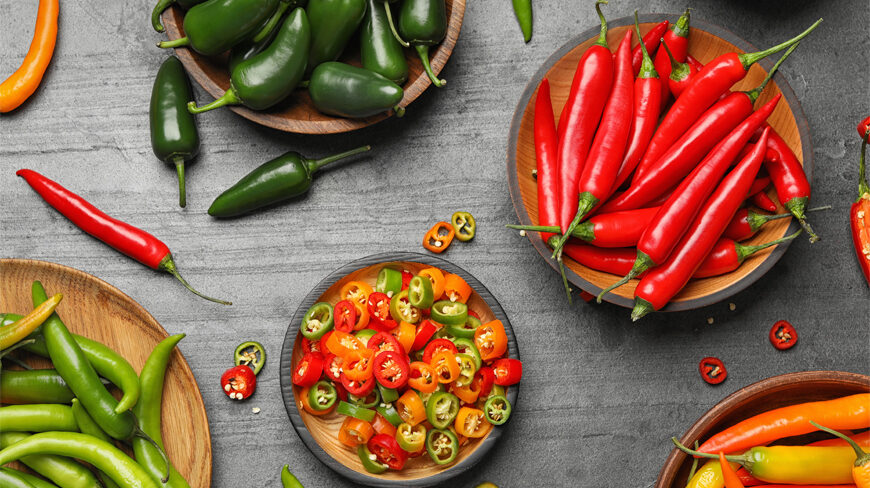12 Foods That Cause Acid Reflux
Acid reflux affects almost everyone at some point in their lives. It causes a burning feeling known as heartburn. Occasional acid reflux is normal, but when it happens frequently, it is most often caused by gastroesophageal reflux disease (GERD). It is important to recognize acid reflux and GERD symptoms and understand which foods can worsen their effects. With this knowledge, you can make better dietary choices and manage the condition more effectively. Below you will find 12 foods that cause acid reflux.
What is Acid Reflux?
The digestive system has a muscle called the lower esophageal sphincter (LES) that acts like a valve. It opens to allow food into the stomach and closes to prevent it from flowing back into the esophagus. Acid reflux occurs when this muscle relaxes or weakens abnormally, resulting in stomach acid moving back up into the esophagus. This backward flow is referred to as reflux and can cause discomfort and symptoms such as:
- a burning sensation in the esophagus and throat
- a sour or acidic taste in the mouth
- chest pain
- burning behind the breastbone
- belching
- difficulty swallowing
- a chronic cough or throat irritation
If you experience these symptoms on a regular basis, at least twice a week, it’s possible that you could be suffering from GERD.
Frequent and untreated GERD can result in health complications, including:
- esophagitis
- esophageal narrowing or strictures
- ulcers
- Barrett’s esophagus, which can develop into a rare cancer called esophageal adenocarcinoma
Foods That Cause Acid Reflux
Diet plays a significant role in the development of acid reflux. Certain foods and drinks are known to trigger heartburn because of increased acid production and weakening of the esophageal sphincter. The most common foods that cause acid reflux include:
1. High-Fat Foods
- Fried food
- Fatty cuts of beef, pork, or lamb
- Full-fat dairy products like butter, sour cream, and ice cream
2. Spicy Foods
- Chili powder
- Chili peppers (white, black, cayenne)
3. Fast food
4. Onions & Garlic
5. Carbonated Drinks
6. Peppermint
7. Dairy products
8. Citrus & Citrus Beverages
- Oranges
- Lemons
- Grapefruits
- Lime
- Juice
9. Tomato-Based Foods
10. Chocolate
11. Alcohol
12. Caffeinated Beverages
Eating Habits to Prevent Acid Reflux
Managing acid reflux and GERD involves more than cutting out foods. It’s also important to consider how and when you eat, such as:
- Being aware of your personal triggers
- Avoiding bothersome foods late at night
- Opting for smaller, more frequent meals
- Eating in moderation
- Staying upright for at least 3 hours after eating
If you’re experiencing persistent reflux issues, it is a good idea to consider adjusting your diet by either eliminating or reducing the consumption of the foods mentioned earlier. Keeping a food journal is a valuable tool for those with GERD, as it can help identify specific foods or eating patterns that make symptoms worse.
What Should I Do If I Think I Have GERD?
GERD is a long-term condition that requires management through making changes to your lifestyle and diet in combination with seeking medical attention for GERD or acid reflux treatment.
Detecting GERD early, taking medication, and maintaining a balanced diet can greatly assist in reducing symptoms and enhancing your overall relief.
There are solutions to help you lead a comfortable life while dealing with GERD, and your gastroenterologist is well-versed in helping patients manage it.
Don’t continue to live with chronic acid reflux or GERD – schedule an appointment today!
Request Appointment
Related:


